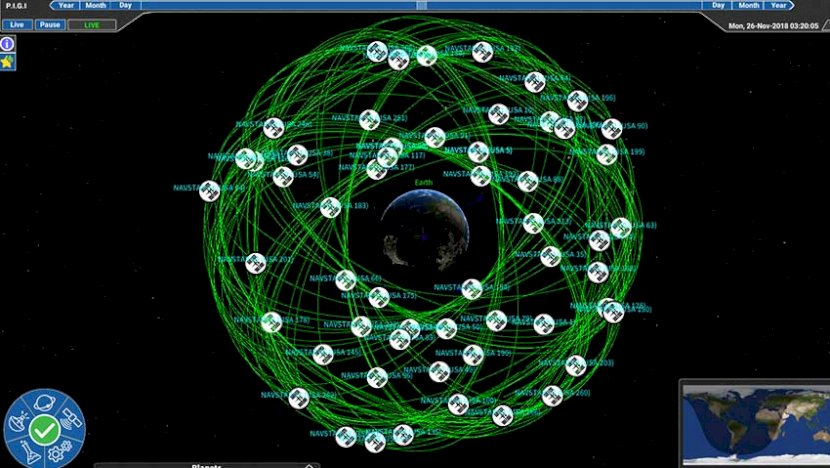Sydney-based Saber Astronautics has confirmed a collaboration agreement with Boeing Defense, Space & Security to deliver a proof of concept for a sophisticated diagnostic technology to support its satellite programs and the delivery of a key capability for the ADF’s JP 9102 program.
Using advanced artificial intelligence (AI) and machine learning, Saber has developed technology to predict the impact of unexpected events and erratic space weather on spacecraft, enabling operators to quickly address issues when they are encountered.
This capability has been proven on smaller, less complex spacecraft and Boeing’s investment will enable Saber to investigate the technology’s application to Boeing 702 Geostationary (GEO) satellites. The technology is a key capability for JP 9102, the Australian Defence SATCOM System, which requires the use of machine learning to increase the speed, quality and agility of the conduct of SATCOM operations as compared with legacy systems.
Boeing Defence Australia director of emerging markets Matt Buckle said, "The proof of concept will explore the potential for Saber’s technology to monitor changes in the state of the satellite, hypothesise the most probable cause of the problem and predict how the satellite will respond in specific situations.
"This collaboration is also a demonstrable achievement under Boeing’s statement of intent with the Australian Space Agency to invest in space research and development and innovation."
Saber Astronautics CEO Dr Jason Held added, "Boeing is interested in leveraging our spacecraft expertise along with our unique algorithms to predict anomalies and diagnose spacecraft issues more quickly on-orbit. Applying machine learning to diagnostics will reduce operator workload, and can improve spacecraft longevity and performance.
"Being a part of Boeing’s supply chain is a great opportunity for us to apply our work to support larger and more complex missions and we are excited to be a part of this family."
This project is part of broader efforts within Boeing focused on applying cutting-edge technologies to the development and operation of space systems, including efforts on advanced autonomy, predictive analytics, on-board processing and AI-enabled networking.
These advances will allow Boeing’s commercial and defence customers to fully realise the value of Boeing satellites.









